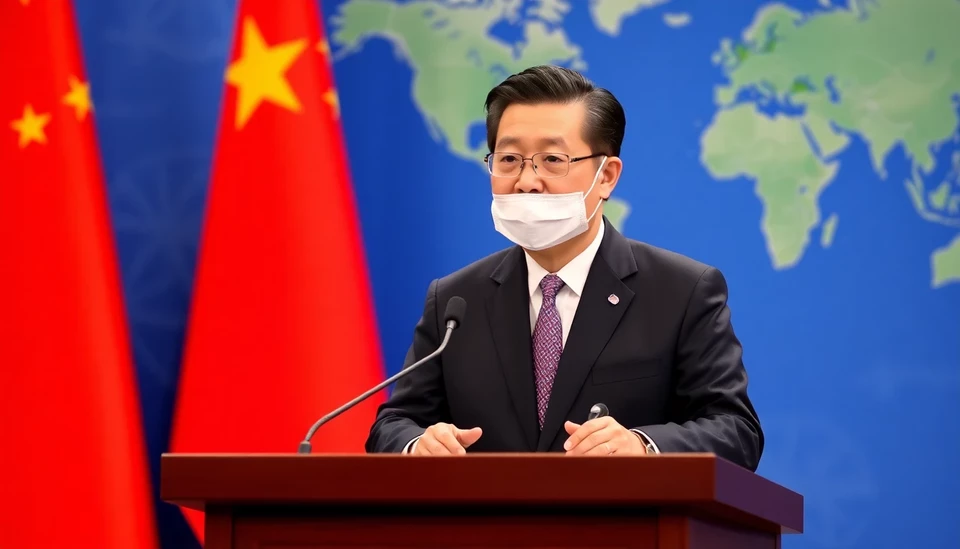
In a recent report, Taiwan has experienced a notable slowdown in inflation, recording its lowest growth since early 2021. Data unveiled by the National Statistics Department reveals that the Consumer Price Index (CPI) rose by a mere 0.97% year-on-year in October, marking a significant decline from previous months. This dip in inflation is attributed to a combination of reduced food prices and stable energy costs, providing a moment of relief for consumers amidst global economic uncertainties.
Food prices have been a crucial factor contributing to the overall decrease in inflation levels. In October, the cost of food items fell by 1.3%, indicating a reversal from the upward trend that characterized much of last year. This change is particularly significant as food prices often have a direct impact on household budgets and consumer sentiment.
Moreover, energy prices remained stable, preventing any further inflationary pressure in the economy. The price of crude oil has seen fluctuations globally, yet its impact appears to be muted in Taiwan, allowing the government and consumers to breathe easier. Analysts suggest that these developments could indicate a more balanced market environment and help maintain economic stability in the region.
The slowing inflation rate also aligns with Taiwan's broader economic strategy to manage prices effectively amidst varying global pressures. The Central Bank of Taiwan previously indicated plans to adjust monetary policy should inflationary trends become problematic. However, the current statistics may alleviate the need for immediate action, as policymakers can take a more cautious approach moving forward.
Experts predict that if inflation maintains its low trajectory, Taiwan could see improved consumer spending, contributing positively to economic growth. However, they also warn that external factors, such as global supply chain disruptions and geopolitical tensions, could still present risks to sustained price stability in the near future.
In international contexts, Taiwan's inflation trends are not isolated. Economists worldwide are closely monitoring inflation rates as central banks grapple with decisions on interest rates and other monetary policies. The global economy remains precarious, and each country's inflation response is vital to understanding broader economic health.
As we move into the final stretch of 2023, Taiwan's positive inflation report offers a glimmer of hope for consumers and policymakers alike. It sets the stage for the upcoming year, where continued vigilance and adaptive strategies will be crucial in fostering a resilient economic environment.
Overall, the latest inflation update signifies a cautious optimism for Taiwan's economy, reflecting both local adjustments and broader international economic themes.
#Taiwan #Inflation #Economy #ConsumerPrices #FinancialNews #CPI #MarketStability #EconomicGrowth
Author: Rachel Greene




